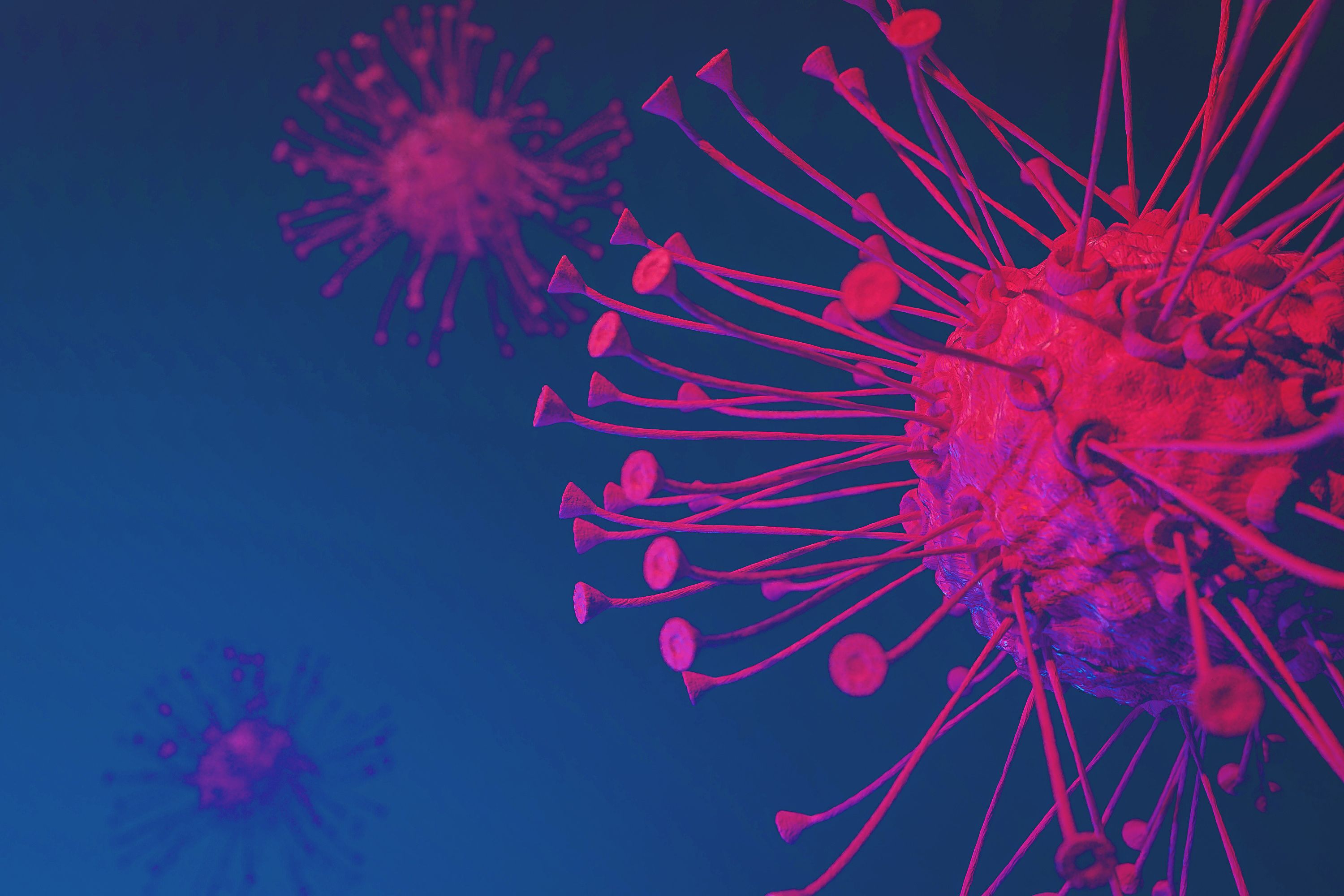Coadministration of CD19 and CD22 CAR T Cells May Be Effective in Pediatric R/R B-ALL
Complete remission was achieved in 99% patients with refractory leukemia or hematologic relapse when treated with CD19- and CD22-chimeric antigen receptor T-cell therapy in a phase 2 trial.
Image credit: ©catalin - Adobe Stock

Coadministration of CD19- and CD22-chimeric antigen receptor (CAR) T-cell therapy led to relatively durable remission in children with relapsed/refractory B-acute lymphoblastic leukemia, including patients with isolated or combined extramedullary relapse.
Findings come from a phase 2 trial (ChiCTR2000032211) that enrolled 225 evaluable patients among 3 cohorts who were aged ≤ 20 years between September 17, 2019, and December 31, 2021.
Complete remission was achieved in 192 of the 194 (99%) patients with refractory leukemia or hematologic relapse, all of whom were negative for minimal residual disease. At 12 months, the event-free survival (EFS) rate was 73.5% (95% CI, 67.3-80.3) and 69.2% (95% CI, 60.8-78.8) after censoring 78 patients for consolidative transplantation. With a median follow-up of 11 months after the infusion (IQR, 6.2-18.0 months; range, 0.1-32.4 months), relapse occurred in 43 patients.
The first cohort for the safety run-in stage enrolled patients with refractory leukemia and hematologic relapse who did not achieve remission after ≥ 2 courses of remission induction or were ineligible for allogeneic transplantation. This cohort sought to determine the recommended dose.
In the second cohort for the phase 2 trial, patients with refractory disease or hematologic relapse with unfavorable genotype, persistent disease after ≥ 2 treatment regimens for relapse, prior CD19-CAR T therapy, or allogeneic transplantation were enrolled. Then, the third cohort included patients with isolated extramedullary relapse and negative minimal residual disease.
One of 3 patients in the safety run-in stage treated at the initial dose of 1 × 107 CAR T cells/kg developed a grade 4 neurotoxicity. There were no grade ≥ 3 toxicities seen in any of the other 3 patients when given a de-escalated dose of 5.0 × 106 CAR T cells/kg, which was determined as the recommended dose for patients with hematologic relapse. Further, a dose between 5 × 106 and 1 × 107 CAR T cells/kg was used to treat isolated extramedullary relapse to enhance CAR T-cell proliferation in the setting of low antigen stimulation.
Following an interim analysis of the first 30 patients which revealed that this treatment was safe and that their EFS was superior compared with 46 historical patients treated with CD19-CAR T cells, the study continued as planned. Consolidative transplantation was planned only for patients with KMT2A- or ZNF384-rearranged B-ALL to avoid myeloid lineage switch.
Regarding treatment, CD3+ T lymphocytes were collected from peripheral blood generally within 3 days of eligibility confirmation. After Ficoll-Hypaque gradient centrifugation and anti-CD3 Microbeads sorting, T cells were stimulated by anti-CD3/CD28 beads between 24-48 hours and were transduced with CD19-specific or CD22-specific CAR lentiviral vectors with 4-1BB costimulatory and CD3 zeta signaling domains. CD19- and CD22-specific CAR T cells were cultured separately.
One in the culture for 5-7 days, CD19- and CD22-CAR T cells were pooled together at a ratio of 1:1. They were then washed, resuspended in saline solution with 2.5% human serum albumin, and transported to the participating medical center. Here, patients received the infusion on day 0.
A total of 232 patients were enrolled in the study and 225 were evaluable. Patients included 194 with refractory disease or hematologic relapse and 31 with isolated extramedullary relapse. The primary end points of the trial were to determine the recommended phase 2 dose of combined CD19- and CD22-CAR T cells, CAR T-cell infusion–related adverse events, complete remission rate at day 28 post-infusion, EFS at 12 months, and overall survival (OS) at 12 months with or without consolidative transplantation.
At baseline, the median age of patients treated for refractory disease or hematologic relapse at the time of enrollment was 7.6 years (interquartile range [IQR], 4.8-10.8; range, 0.8-19.6 years). The median time from enrollment to infusion was 7 days (range, 6-12 days), the median dose of combined CD19- and CD22-CAR T cells was 5.6 × 106/kg (IQR, 4.1-7.6 × 106; range, 1.3-13.0 × 106). The median dose of CD19-CAR T cells was 2.7 × 106/kg (IQR, 1.9-3.7 × 106), and that of CD22-CAR T cells was 2.8 × 106/kg (IQR, 2.1-4.0 × 106). The median ratio of CD19-CAR T-cell dose to that of CD22-CAR T-cell dose was 0.94 (IQR, 0.78-1.19).
Favorable outcomes were seen with consolidative transplantation and persistent B-cell aplasia at 6 months. Patients who received transplantation had better 12-month EFS rates at 85.0% (95% CI, 77.2-93.6) compared with 69.2% (95% CI, 60.8-78.8) for the non-transplanted patients (P = .03). All 25 patients with persistent B-cell aplasia at 6 months remained in remission at 12 months.
Further, for the 20 patients with isolated testicular relapse, the 12-month EFS rate was 95.0% (95% CI, 85.9-100). For the 10 patients with isolated central nervous system relapse, the 12-month EFS was 68.6% (95% CI, 44.5-100).
A total of 198 (88.0%) patients developed cytokine release syndrome and it was grade ≥ 3 in 64 (28.4%) patients, and fatal in 1 patient. There were 47 (20.9%) patients who developed CAR T-cell neurotoxicity, which was grade ≥ 3 in 9 (4.0%) patients, and fatal in 2 patients who received 12.0 × 106 and 5.6 × 106 CAR-T cells/kg, respectively. Other grade 3 or 4 AEs observed in patients included seizure (14.2%) and hypotension (40.9%). Tocilizumab (Actemra) was given to 167 (74.2%) patients, and corticosteroids were given to 79 (35.1%) patients to manage toxicities.